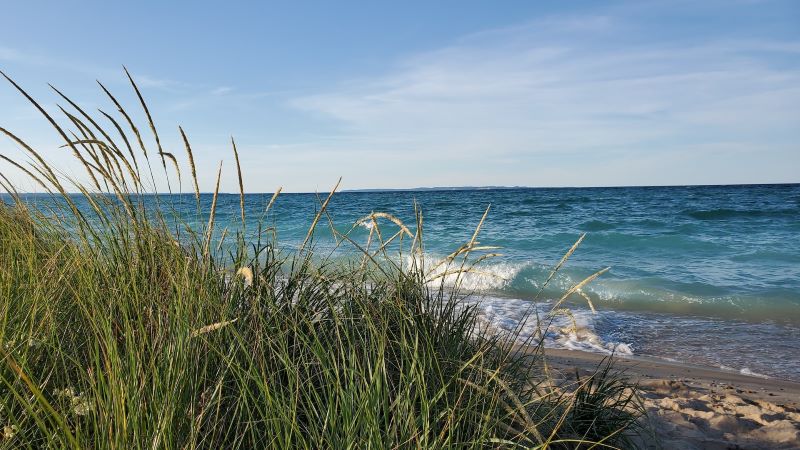
Gabrielle is an alum of the Harvard Chan C-CHANGE Youth Summit on Climate, Equity, & Health. This fall she’ll be attending Cornell University to study Agriculture & Life Sciences, and she drew on her experience at the Summit for her supplemental essay to Cornell.
* * *
Do the aquatic animals of our global coast hold us responsible for their hardships? Sea lions cling to fishing boats looking for easy meals, but I wonder if they know we’re the reason they haven’t seen as many fish. Animal-human interactions have diminished from humane to negligent as humans damage the environment. Pollution has significantly impacted ecosystems vital to many underrepresented demographics. Consequently, coastal wildlife and disadvantaged communities will suffer disproportionately from human destruction. Animal health must be preserved on Earth to improve the livelihoods humans have neglected. As a prospective animal science student at Cornell University, I aim to engage in environmental reformation for the voiceless on our planet.
The consequences of climate change are devastating for aquatic ecosystems and the people who depend on them. Unfortunately, climate change reform often overlooks the impacts on underrepresented communities. Among these are CO2 emissions from environmental pollution that contribute to ocean acidification, which results in a decline in the marine population, thereby disrupting the ecosystem. These effects negatively impact coastal demographics, such as the Inuit Tribe, who already lack adequate resources. However, the carbon storage abilities of aquatic animals like whales can stall climate change. The health and populations of whales and other marine life are crucial to ensuring the future benefit of all global life.
Despite my considerable interest in aquatic life, it developed near more local waters. Dubbed the “Great Lakes State,” Michigan youth memorized the five Great Lakes at an early age. Information about these lakes’ inhabitants, nonetheless, was limited. Therefore, it was not surprising that the film Dolphin Tale was my first exposure to aquatic science. As I observed the rehabilitation process for marine animals affected by environmental issues, I was captivated. This film wasn’t a crystal ball that revealed my future career goals. However, it did allow me to realize I wanted to spend my life heavily involved in marine life.
Over the years, my older sister led dinner table discussions surrounding environmental science. Regardless of the topic, from greenhouse gas emissions to rising ocean levels, she had an opinion to share. As I listened to her comments, I started to think about the environmental impacts of animals and our relationship with them. I began to educate myself on ecological concerns and various ecosystems by reading books and watching National Geographic documentaries. Over time, these topics evolved into my interest in how marine life relates to the environment.
In 2021, I came across Putney Student Travel, which offered me a scholarship to attend a climate change youth summit, where I became knowledgeable about environmental issues with like-minded peers. Dr. Basu’s memorable lecture during this program has remained with me; he stated, “Communities with the smallest carbon footprint are most vulnerable to climate change.” Those words compelled me to work for a sustainable environment by reforming how humanity and animal life interact. Cornell University plays an essential role in achieving this goal through enriching opportunities for collaboration among minds with divergent interests.
In Cornell’s diverse academic environment, with faculty like Professor Clifford Kraft and Professor Xingen Lei, my goal of stalling climate change impacts by rehabilitating aquatic species will be achievable. ANSC 3800 and 3600, for example, are some of Cornell’s fascinating and stimulating courses that offer the opportunity to interact with livestock during early-stage development and learn management practices. With these courses, my understanding of animal husbandry practices will provide an intimate perspective on animal and human interactions. Moreover, Cornell’s commitment to enriching minds is evident in programs like the Nutrient Management Spear Program, which involves undergraduates in environmental animal science research. With the previously stated opportunities and the fast-track seven-year veterinary medicine program, I confidently believe Cornell University is where I fit perfectly. In collaboration with the experienced minds at Cornell and the eager mind of my own, promoting significant environmental change with aquatic life will be possible not just locally but eventually globally.
>> Click here to learn about the Harvard Chan C-CHANGE Youth Summit





